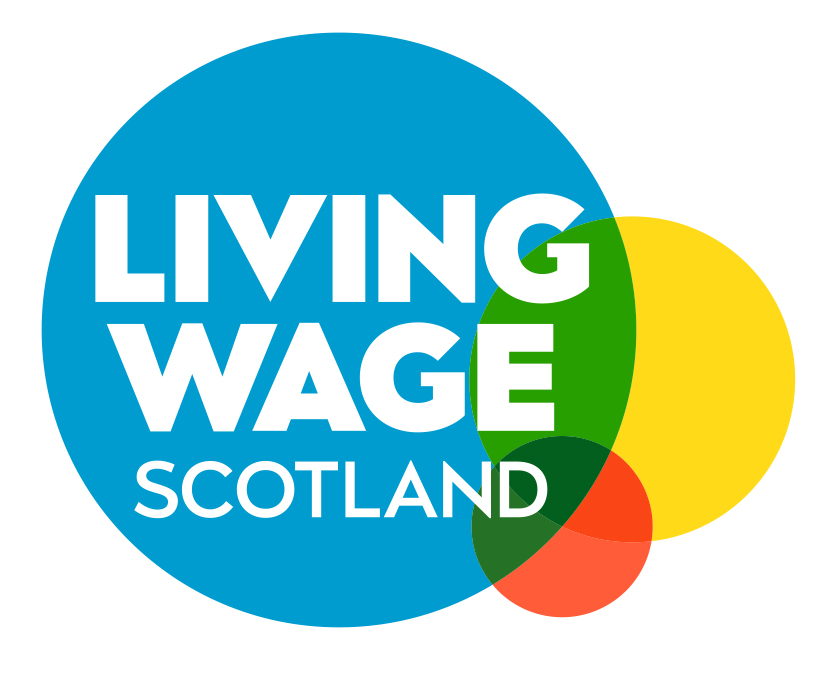 By Heather Parry, Senior Policy and Liaison Manager, Society of Authors
By Heather Parry, Senior Policy and Liaison Manager, Society of Authors
At the Society of Authors, our job, as the UK’s largest trade union for writers, is to lobby and advocate for better working conditions for our 12,000 members. The way the publishing industry works presents several challenges to achieving Fair Work and a Living Wage, but one of the stranger issues is the belief that all authors are well off, and therefore can do the ‘other’ work of being a writer for low or no pay; that all book deals are like the ones you read about in newspapers, the ones that are six figures or even seven.
This is far from the truth; not only are average book advances falling, but many writers have never been able to rely on large book advances to make their living. ALCS reported1 in 2019 that for authors – workers for whom writing occupies at least half of their working life – typical earnings were less than £10,500. Recent figures suggest that this number has fallen by up to 40%.
This means that writers fall far, far short of the Living Wage as a yearly income, which equates to £19,838 for the UK rate and £21,749 for London. It is not a stretch to say that many writers live on poverty wages, and their living expenses must be subsidised by partners, families or the state.
Writers are also highly unlikely to make all – or even a majority – of their income from writing, with many having teaching work, retail jobs, arts worker roles or caring responsibilities in addition. However, even if authors or any other artists were earning a higher wage, this does not preclude them from Fair Work guidelines; working as an artist is a job, something that has a valuable cultural output, and not a hobby that should be subsidised by ‘other’ work, and this assumption forces marginalised voices out of the industry altogether.
Art is not separate from the UK economy. Publishers make money from our work. Audiences and readers benefit. Venues and festivals charge admission for people to see us. Galleries sell tickets for people to see our creations. During the 2020/2021 lockdowns, many of us took solace and found comfort in art. In times of great stress, the value of artistic work is more obvious than ever.
In Scotland, we are facing double crises this winter: not only a cost of living crisis that is sending bills sky high and making even the weekly food shop feel out of reach, but also a cultural crisis: many of our most loved and most prominent cultural organisations collapsing under the weight of Brexit, COVID lockdowns and their own unaffordable bills. For each institution that closes its doors for the winter – like Modern Two at the Scottish National Gallery of Modern Art – or that falls into administration completely – like the Centre for the Moving Image, comprising Filmhouse and The Edinburgh International Film Festival among others – dozens or even hundreds of arts workers and artists lose their jobs.
It is for these reasons that Fair Work and securing a real Living Wage for artists is more crucial than ever. Writers do not just write; they chair events, they run workshops, they mentor and teach and facilitate and collaborate. They start small presses, they run community theatre companies, they make short films. They deserve to earn a living wage for this valuable work which contributes so much to our society.
Let’s start valuing the labour of writers and artists. The first step for this is to ensure that we are paying them, at the very least, the Living Wage.

